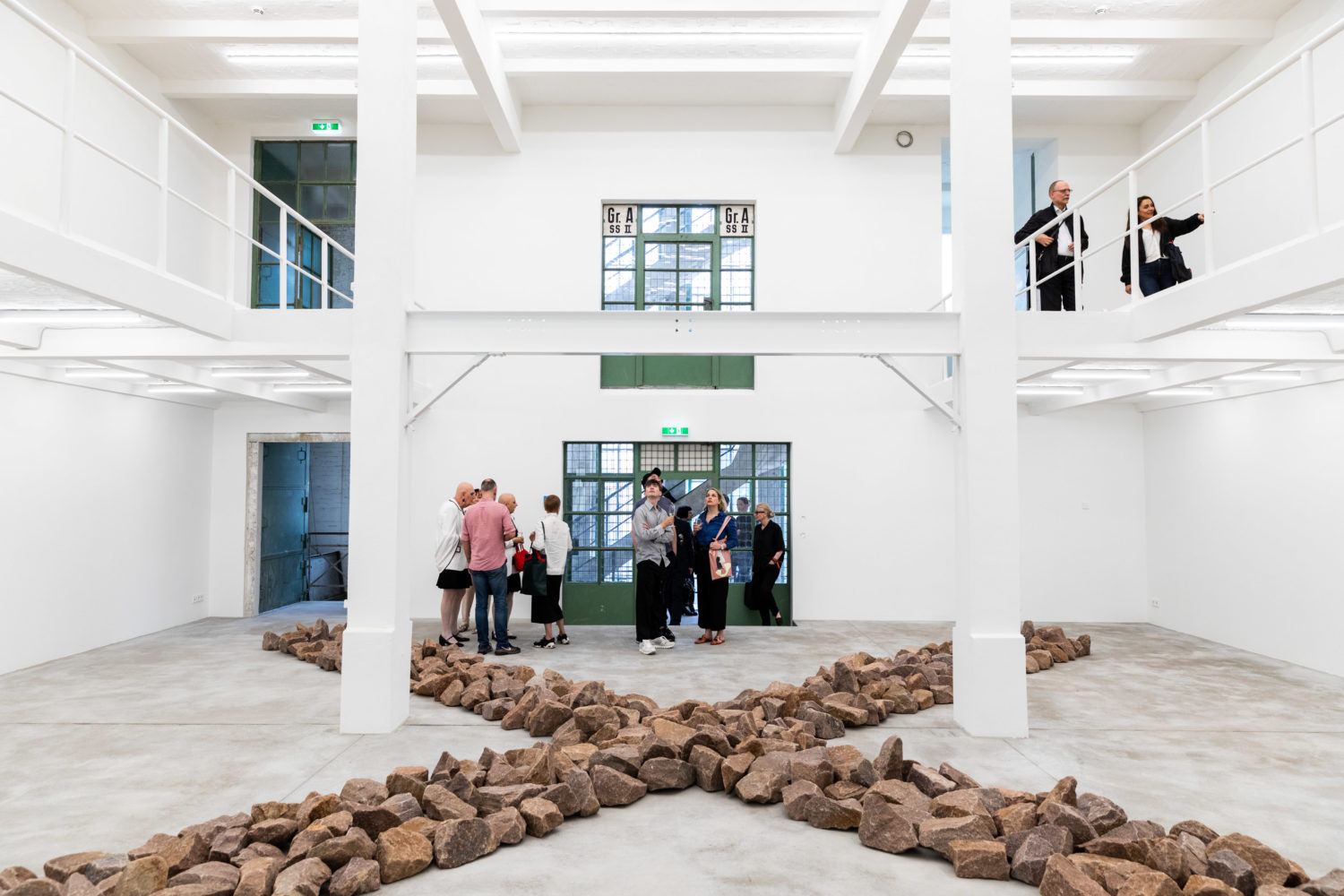
Germany is one of the greatest destinations in the world to pursue your artistic career in any discipline.
Germany’s universities provide outstanding fine art programs with highly regarded degrees.
This is due to significant study on how to improve art education, along with the inviting climate of German institutions.
One of the reasons Germany has a welcoming attitude is the widespread use of online shopping and delivery services.
There are numerous online stores, such as Coolshop, that you may find reviews about at De.collected.reviews.
However, one of the most prevalent doubts that practically all art students have is whether a career in the arts would be viable in Germany.
This question is subjective at best, therefore many circumstances must be considered before issuing an ultimatum.
I’ve done my best to lay out some of the factors that may or may not make an art career viable in Germany.
Take a look at these variables to see if an art career in Germany is a good fit for you.
- Living cost.
The living costs are among the most essential characteristics of any place for a young artist.
While virtually all of us desire to be near a strong art scene — which is often in a major city — transportation expenses are expensive, and housing expenses are considerably higher.
Berlin has lured new artists in recent decades, partly in response to its low renting prices.
Whether leasing a condo or a flat-share, Berlin has been and will continue to be significantly less expensive than cities such as London and Paris.
In truth, it still pales in comparison to Rhineland municipalities like Dusseldorf and Cologne.
Notwithstanding this, the standard of rent in Berlin is quickly rising.
Property prices have risen by 20.5 percent in recent years, the highest rate in the world.
While rent has risen by an astounding 71 percent since 2010.
Berlin was formerly characterized as ‘cheap and beautiful,’ but the latter is no longer true.
- Art Scenery in Germany.
The town’s galleries and shows are one area where Berlin outperforms the Rhineland in Germany’s cultural scene.
Germany has long attracted the brightest artists from all over the world, so it’s no wonder that the area is home to some of the most innovative artists.
But, although there isn’t much we can express about Berlin that wasn’t already said, there seems to be something we can say more about Rhine cities.
The Rhine towns are thriving right now, thanks to the introduction of Art Dusseldorf in 2017 and Art Cologne dating back to 1967.
Although this number of galleries in these cities does not yet rival that of Berlin, you can indeed see some of the world’s best modern art just outside your door.
This is why students and uprising artists find it worthwhile pursuing art in Germany.
- Counterculture.
Another way that life under the Stasi left its impact on Germany was the development of the area’s famed counterculture.
This came by as a response to the tyranny and division that the region endured in the prior decades.
In this context, the ever-evolving avant-garde modern art scene makes artists all around the globe thrive.
There is philosophical flexibility that continues, and perhaps an unequaled propensity for the bold, rebellious, and inventive.
- Studying art in Germany
Foreign students ought to be particularly interested in pursuing a degree in Arts & Design at one of Germany’s art colleges.
The courses are suitable for those who thrive in open and creative situations.
They are often project-based, providing students with time to concentrate on specific projects.
They also are known for assisting students in obtaining third-party financing as well as accessibility to cutting-edge tools and amenities.
In Berlin, international students enjoy several benefits.
This offers free tuition at public colleges, a diverse choice of English-taught degrees, including Bachelor’s and Master’s degrees in the arts, and a bustling city living environment.
This makes Germany a very considerate place to thrive as an artist.
Conclusion.
Any art professional will tell you that joining the sector with the express intention of collecting a large number of riches will almost certainly fail.
Being an exceptional artist, like other skill-based occupations, requires time and experience to develop.
Taking up a career in the art sector, particularly in Germany, will demand you to be patient and focused on honing your craft.
So, is it possible to make a living as an artist in Germany?
You will be able to answer this question best if you examine the things we described previously.


:strip_icc()/BHG_PTSN19720-33d9cd22f6ab49e6a21982e451321898.jpg)

More Stories
BSA Film Friday: 11.25.22 | Brooklyn Street Art
FEATURES – Art in VR with Casey Koyczan
Julie Karpodini: Painting Instinct – Jackson’s Art Blog